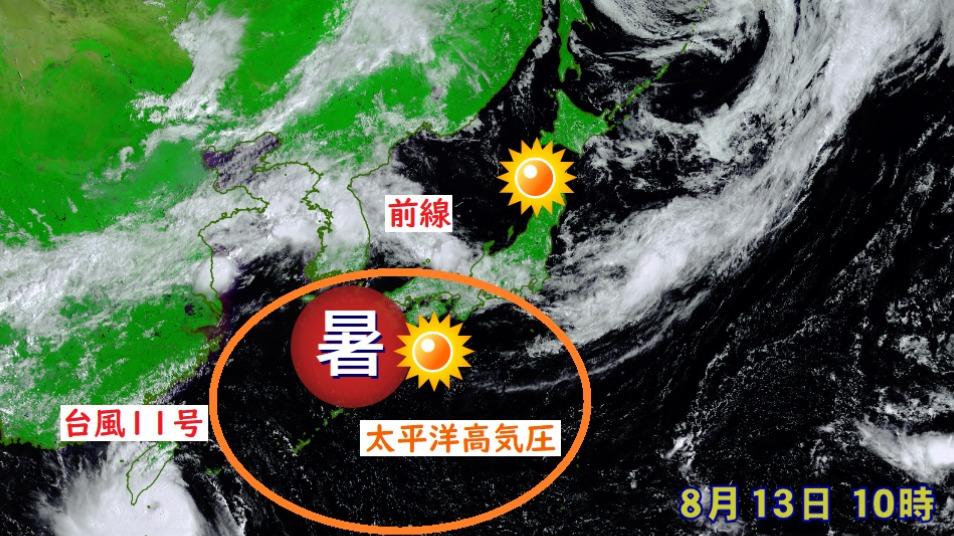The Japanese Meteorological Agency warns citizens to brace themselves for intense heat in the week of Obon, traditionally marking the end of the rainy season. The record-breaking temperatures expected between 13-15 August could lead to heatstroke and other health risks. The extreme weather conditions are attributable to the effects of climate change, potentially altering Japan's famous seasonal transitions.
The week of Obon is a significant period in Japan as it traditionally marks the end of the rainy season and the beginning of summer. Therefore, extreme heat during this period is unusual and may disrupt traditional customs and celebrations. Moreover, these weather conditions pose severe health risks, especially to the elderly. Japan's efficient disaster response mechanisms are now on high alert, and cooling measures are being deployed.
While heatwaves are common around the globe due to climate change, Japan's specific concern here is the alignment of extreme heat with the Obon week - an event akin to a heatwave coinciding with Fourth of July celebrations in the US or a heatwave during mid-August summer vacation in European countries. Measures are likely to be centered around protecting the most vulnerable, much like programs in the EU and US that focus on cooling centers and health advisories during heatwaves.

